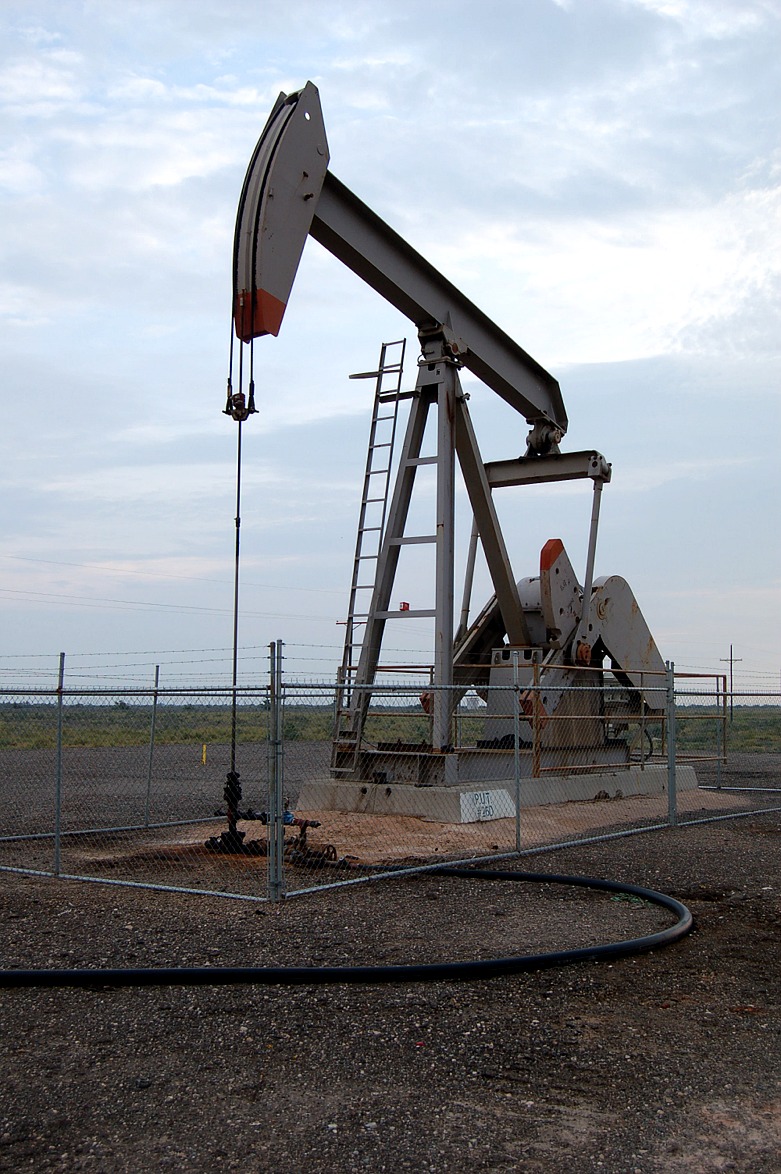 Up until 2009, the oil blame game began just before Memorial Day in the US. Politicians would line up to paint oil companies as greedy price fixers, jacking up the price of gasoline before the summer driving season. What a difference a year makes.
Up until 2009, the oil blame game began just before Memorial Day in the US. Politicians would line up to paint oil companies as greedy price fixers, jacking up the price of gasoline before the summer driving season. What a difference a year makes.Politicians being what they were (and still are), chose not to acknowledge that increased demand for a scarce resource leads to increased price. Most of us older than 4 understand patterns. Summer is when Americans drive the most. Thus the increased demand for gasoline and the increased price.
However, in the 2009 global recession, the price of oil is less than half of its 2008 record ($145 bbl). Why has the price fallen so much? Because oil is a leading economic indicator, meaning that its market price is a prediction of demand one month in the future. The market correctly believed(s) that the global economy would tank.
Oil prices have fallen since last year, down as low as $34, then settling in to the $70s, as of 08 July 2009, it is down in the lower $60s. Obviously, the case for price fixing is quite flimsy, or so it would seem. How’s your credit score? 0-600 Poor, 601-680 Fair, 700-774 Good, 775+ Excellent. Find out your Score now FREE!
While we aren't hearing the usual cast of characters demanding ExxonMobil and Chevron's chairmen explain why gas is more expensive, we are hearing cries of "Speculation!"
In the 08 July 2009 edition of the Wall Street Journal, the article starts:
"Policy makers on both sides of the Atlantic launched an effort to crack down on what they called speculation in oil markets, underscoring concerns that a sharp rise in oil prices could worsen the global economic downturn."

Perhaps Gordon Brown and Nicolas Sarkozy should take a deep breath and just try to control their instinct to regulate. Not to be outdone, Sen. Byron Dorgan (D-ND) declares the need to control "...oil speculators looking for a quick buck at the expense of the American consumer."
As I have written previously, traders in oil futures are airlines, utilities, and others who consume a regular supply of oil over a year and are trying to smooth out price variability. Sounds pretty reasonable to me. Additionally, since oil is a global commodity, denominated in US dollars, its price fluctuates with the value of the dollar. Inflation in the US spells higher oil prices, and conversely, recession or deflation spur lower oil prices. Of course, the 800lb gorillas in the room are China and India, as their consumption grows annually. Cheap? No. 100% Free. Trade stocks for free on Zecco.com. The Free Trading Community. www.zecco.com
Does the trade of a global commodity need to be regulated? Only if it means the enforcement of contracts! Since oil hasn't followed its usual trends, government officials are struggling as how to propose more regulation. While oil is a critical component in the global economy, demands to regulate its future sale will only wreak havoc. Oil is generally an efficient market, though it is subject to swings. By allowing the swings and the pain it causes, the market will right itself, and hopefully teach important lessons. When government interferes and distorts the market, the swings are wilder and damage greater. Just look at housing bubble. Need I say more?
No comments:
Post a Comment